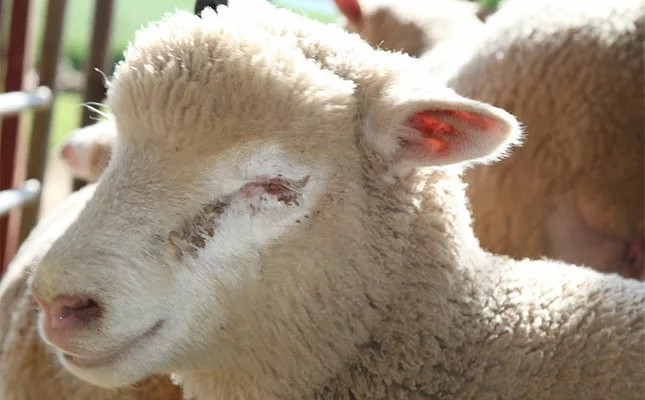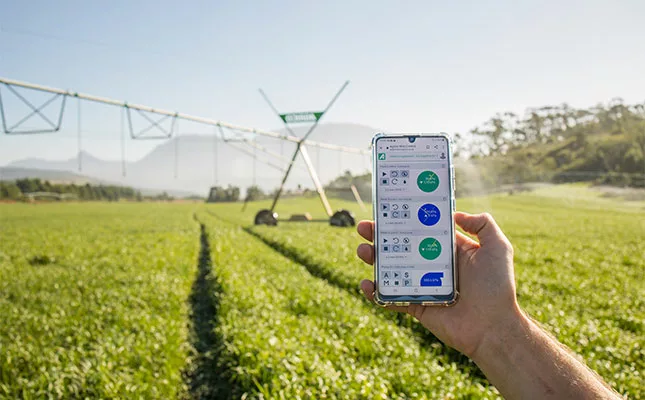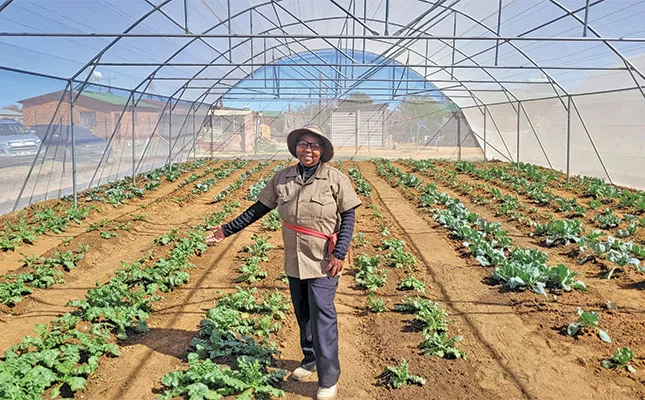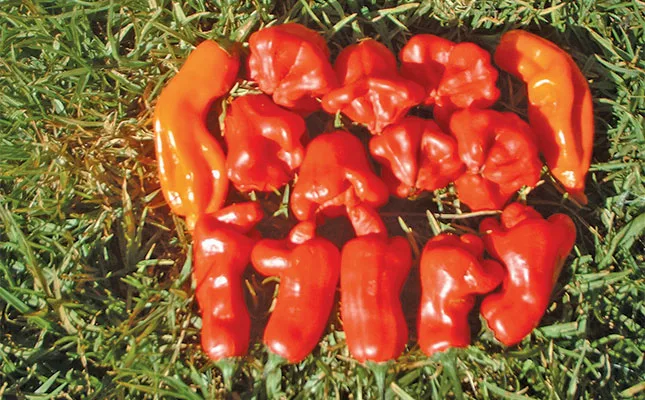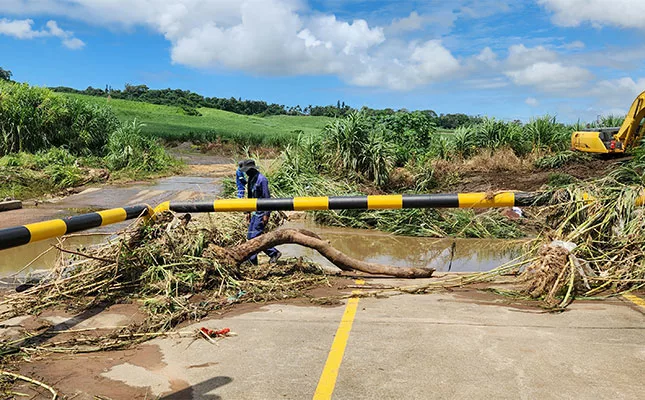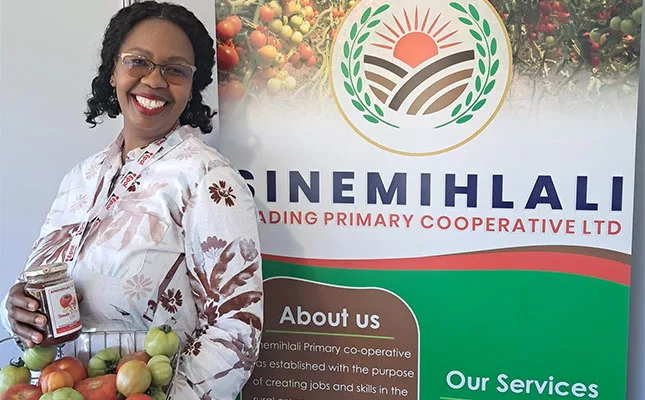
Photo: Octavia Avesca Spandiel
Pumeza Maseti grows tomatoes in hydroponic tunnels and transforms surplus produce into artisanal jams as part of her agro-processing venture. But her move into farming began in a very different kitchen.
“Our family has always been business-oriented. We did catering in Cape Town for about 10 years, serving the University of the Western Cape and the Robben Island Museum. Catering taught us a lot, but I always knew there was something bigger waiting for us back home,” she says.
In 2017, Maseti returned to the Eastern Cape, where she was born, two years after her parents’ move, and embraced agriculture.
“My mom has always had a passion for farming. Funny enough, she’s from a township, not a village, but she has a village heart,” adds Maseti.
Starting small, the family grew general vegetables on a modest smallholding, learning the rhythms of rural life and farming along the way.
Maseti’s focus shifted when she met a farmer named Thozamile Landingwe in 2018, who introduced her to tomato production.
“We loved it. Most farmers grow cabbage or spinach, so tomatoes felt like a fresh, exciting niche. We realised there was a real demand for them,” she says.
She adds that you don’t need a fortune to start farming: “We worked with whatever we had; it was hand to mouth. We hustled, selling this and that just to get started. We spent about R800 on seedlings, and when we had extra cash, we spent another R1 000 on seedlings,” she said.
Recently, the family received funding from the Industrial Development Corporation (IDC) and Old Mutual, which covered the construction of a hydroponic tunnel.
“Support often comes when you’ve already shown initiative. Start small, and the money follows,” advises Maseti.
With the tunnel in place, 2022 saw the official launch of her tomato production, a celebration that brought together local businesses and government departments. It was a proud moment and a clear signal that Maseti was ready to take farming seriously.
For her, the farming journey hasn’t always been smooth: “Getting the market wasn’t easy. You’re often undermined because of your colour. But we were fortunate that Triple Streams supermarket in Stutterheim believed in us and bought everything [we grew in] the tunnel.”
Getting financial support also required patience.
“Our IDC application took years [to be approved]. We applied four years ago and were only approved after two years,” she says.
Surplus tomatoes presented another challenge.
“Sometimes the tomatoes aren’t perfect, or we grow more than we can sell fresh. We used to sell them for next to nothing in the village, but that wasn’t sustainable,” Maseti explains.
The solution? Turning the surplus into jam. She trained with the Department of Agriculture to learn the ins and outs of agro-processing jam.
Maseti has this advice for anyone considering agro-processing:
- Find a niche: don’t do what everyone else is doing. You need to stand out.
- Equip yourself: learn the skills, get the training, and do it properly.
- Be patient and resilient: challenges are part of the game. You must face them every day and stay consistent.



